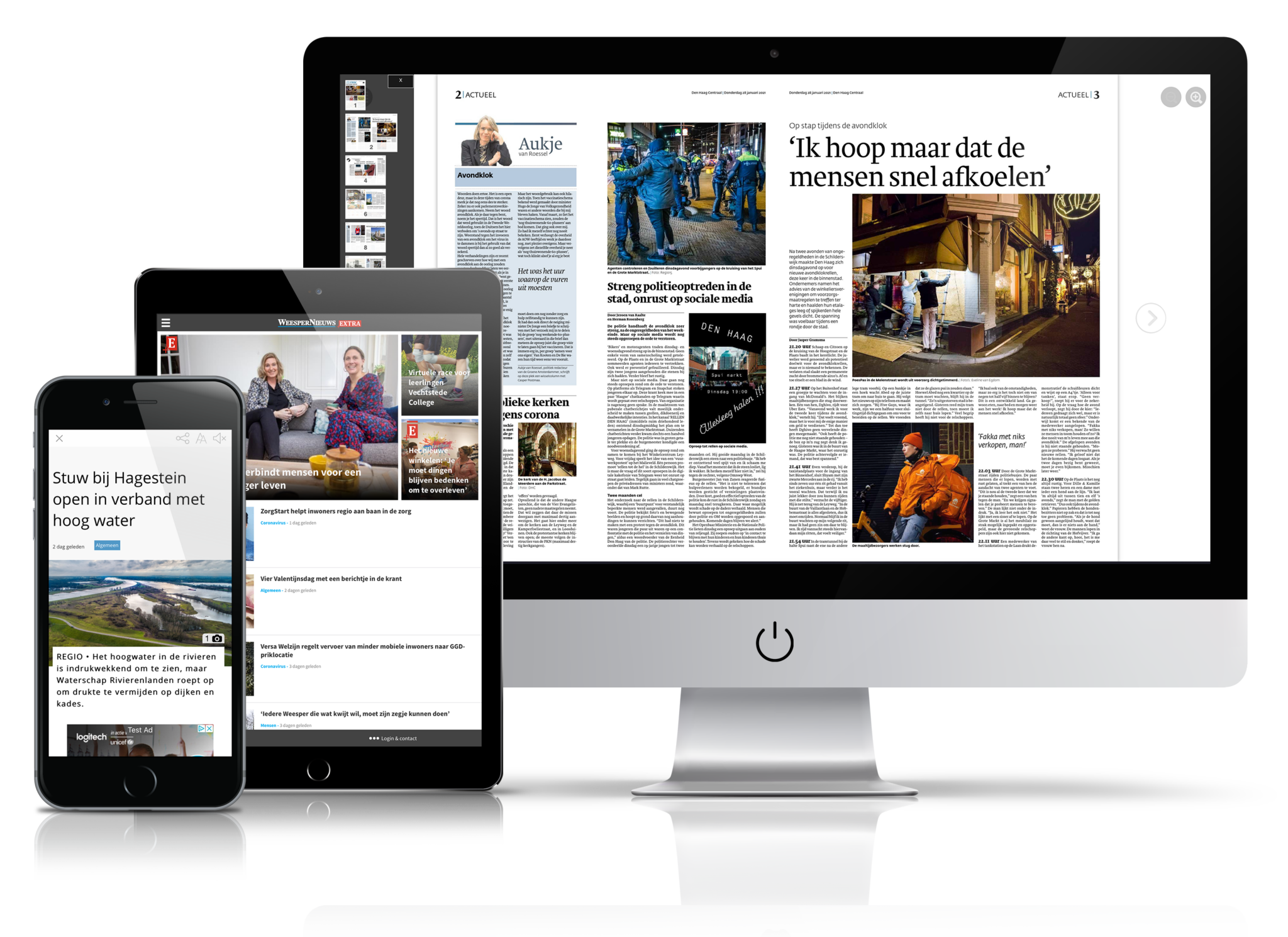10 Easy Facts About News Websites Shown
10 Easy Facts About News Websites Shown
Blog Article
Facts About News Websites Revealed
Table of ContentsRumored Buzz on News WebsitesA Biased View of News WebsitesAll About News WebsitesThe Best Strategy To Use For News WebsitesNews Websites Things To Know Before You Get This
It was down in the UK and Brazil however up a few other nations, such as Greece, Bulgaria, and Poland (News Websites). This year, for the very first time, we asked concerning the various means that individuals avoid the news and found that around half of avoiders (53%) were trying to do so in a broad-brush or periodic means as an example, by shutting off the radio when the information began, or by scrolling past the information in social mediae.g. scrolling past news, transforming networks when information comes on. of avoiders check resources less frequently. e.g. limit to certain times of day, turning off alerts, etc. of avoiders prevent some topics. e.g. topics that bring down state of mind or boost stress and anxiety. You stated that you try to actively avoid information.
I'm possibly selecting to learn more light-hearted stories than I used to at the minute. M, 51, UK Turning my back on information is the only method I feel I can deal often. I have to purposely make the effort to avert for the purpose of my own psychological health and wellness.
The Best Guide To News Websites
Careful evasion of Ukraine news was greatest in many of the countries closest to the problem, reinforcing findings from our added study last year, quickly after the battle had begun. Our data might not recommend an absence of interest in Ukraine from close-by nations but rather a wish to handle time or shield psychological health from the very genuine scaries of battle.
Contrasting Finland with a politically polarised country such as the United States (see next chart) that is less influenced by the war, we locate a very different pattern of subject evasion. In the United States, we find that consumers are most likely to avoid subjects such as national politics and social justice, where arguments over issues such as gender, sexuality, and race have ended up being extremely politicised.
American politics are quite hazardous nowadays. I locate occasionally that I have to detach from stories that just make me angry. F, 61, United States For some individuals, bitter and divisive political arguments are a reason to switch off news altogether, but for some political upholders, evasion is frequently regarding blocking out perspectives you don't wish to listen to.

See This Report on News Websites
Some are wanting to make information much more accessible for hard-to-reach teams, expanding the information program, appointing more motivating or positive information, or embracing useful or services journalism that offer people a feeling of hope or individual company. In our study this year, we asked respondents regarding their interest in these various approaches.
This discusses why tales like Ukraine or national politics do Your Domain Name well with information regulars but can at the exact same time transform less interested customers away (News Websites). Selective avoiders are less curious about all types of news than non-avoiders yet in loved one you can try here terms they do seem to be extra interested in positive or solutions-based information

Little Known Questions About News Websites.
2023). This may be real in the minute, but over time it appears to be leaving lots of people vacant and less satisfied, which might be weakening our connection with and trust fund in the information. Across markets, total rely on news (40%) and count on the resources people utilize themselves (46%) are down by an additionally 2 percentage factors this year.
Undoubtedly, through check the rear-view mirror, the COVID-19 trust fund bump is clearly visible in the complying with chart, though the instructions of travel afterwards has been blended. In many cases (e.g. Finland), the count on rise has been preserved, while in others the upturn looks even more like a blip in a tale of ongoing long-lasting decrease.
A few of the highest possible reported levels of media objection are located in countries with highest possible degrees of suspect, such as Greece, the Philippines, the United States, France, and the United Kingdom. The lowest levels of media objection frequent those with greater degrees of trust, such as Finland, Norway, Denmark, and Japan.
How News Websites can Save You Time, Stress, and Money.
This year we asked participants concerning their choices for message, sound and video when taking in news online. Typically, we find that the majority still prefer to review the information (57%), instead than watch (30%) or pay attention to it (13%), however younger people (under-35s) are much more likely to listen (17%) than older teams.
Behind the standards we discover considerable and unexpected country distinctions. In markets with a solid reading tradition, such as Finland and the United Kingdom, around 8 in ten still like to read online information, yet in India and Thailand, around four in ten (40%) claim they like to enjoy news online, and in the Philippines that proportion mores than fifty percent (52%).
Report this page